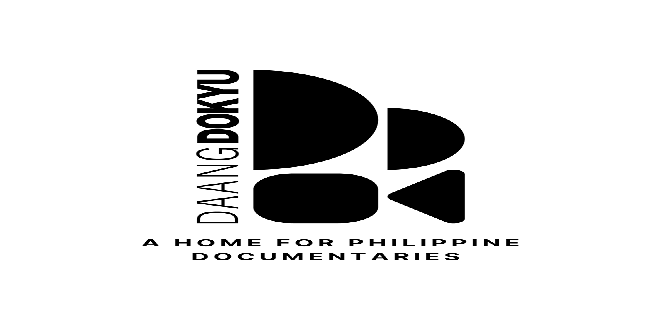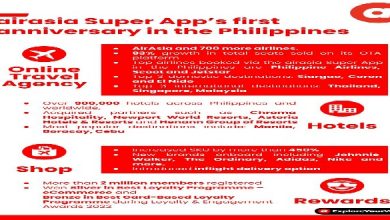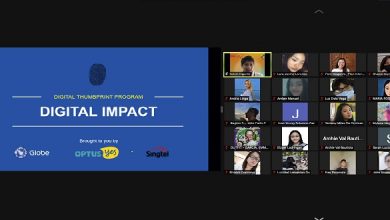
The internet has put a wealth of data, text, and images at our fingertips. It is also where a 15-second clip on TikTok can drastically alter opinions, or a meme posted on Facebook can be treated like a headline.
If the recent past has taught us anything, it’s that widespread access to the web can shift our political realities with dire consequences. We have witnessed this in the past decade, with the closure of broadcast networks and targeted attacks on the media. These are not only threats to press freedom, they erode our democratic institutions and rewrite our history – distorting the past to manipulate the future.
Amidst these distortions and manipulations, FilDocs and the Cultural Center of the Philippines are working together to launch DaangDokyu.ph – a dedicated virtual home on the web for Philippine documentaries.

Dokyu Base
The same domain that hosted the 2020 Daang Dokyu Film Festival continues to grow the ecosystem of truth-based narratives, by increasing access to credible information and education through Philippine documentaries.
DaangDokyu.ph aims to elevate the appreciation of documentaries by making them easier for viewers to find. Through a growing public database with detailed search functions, aided by tags and metadata, DaangDokyu.ph puts over a century’s worth of Philippine documentaries within quick reach.
Daangdokyu.ph also makes it more convenient for creators to share their work. The site features a submission tool, through which filmmakers can add their film to the database. Similar to other online movie databases, each film will have its own page, containing its creative and technical information, as well as promotional materials and downloads. Films that are already streaming on other platforms can feature their streaming links on their page, like free ad space.
Dokyu Mapping
“Documentaries can shed light on present issues and contemporary social conditions. But an underappreciated power of the documentary is its capacity to offer a way of approaching social memory. Films done more than 30 years ago, during and after the Marcos dictatorship, have been circulating on social media recently and are being used as reference to inform current debates surrounding the coming elections. When organized and presented systematically, documentaries, old and new, can become a staple material for social education. It is often claimed that Filipinos never learn from the past, or that Filipinos are forgetful. What is not said often enough is that remembering and looking back on the past are not simple. Our collective lessons and memory have to continuously be made accessible to the new generation. And documentaries are one powerful way of doing this.” wrote filmmaker and Project Director for DaangDokyu.ph, Jewel Maranan.
It was Maranan’s initiative to map the Philippine documentary landscape that forged the path for DaangDokyu.ph. After gathering over 1,500 titles, launching the online database is the next step in this difficult process of looking back. With the database available for the viewers to explore and for creators to expand, DaangDokyu.ph offers a way of looking back and learning collectively.
Dokyu Power
On top of providing access to a wealth of information about Filipino documentaries, DaangDokyu.ph also co-hosts special programs with partner organizations who are on the same mission against misinformation.
Until April 9, the online festival Dokyu Power (The Power of Documentary), will be streaming some of the most powerful documentaries from around the world to encourage meaningful and informed political discourse on the power of people’s unity and social action. Presented by FilDocs (the team that organized the 2020 Daang Dokyu Festival) and DAKILA, and supported by Purin Pictures, Active Vista, MOOV Cinema Centenario, and Move.PH, Dokyu Power is streaming for FREE until April 9 through the Cinema Centenario site: https://cinemacentenario.com/







